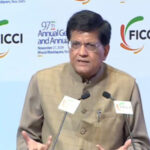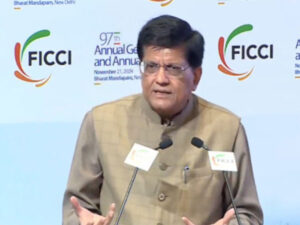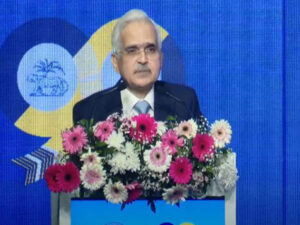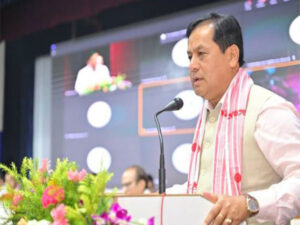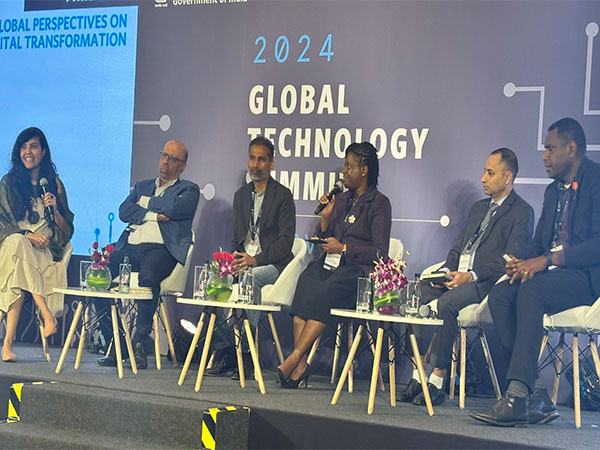
Bengaluru (Karnataka) [India], October 10 (ANI): The two-day Global Technology Summit (GTS) Innovation Dialogue organised by Carnegie India and Ministry of External Affairs concluded in Karnataka’s Bengaluru on Wednesday.
This dialogue marks a significant expansion of our engagement with thriving technology ecosystems that exist outside Delhi.
During the dialogue, tech-focused discussions on Digital Public Infrastructure (DPI) and Artificial Intelligence (AI), focusing on how these technologies can promote inclusive growth, improve governance, support sustainable development, and forge international partnerships were held.
In a post on X, Carnegie India shared pictures from the event that included panelists, Ramesh Ragineni, Executive Vice President, Software Engineering, Salesforce, Digital Development Expert Technology Hilda Jacob, Kamya Chandra, Chief Strategy Officer, Centre for Digital Public Infrastructure, Russell Woruba, Deputy Secretary for Digital Government and Information Delivery, Government of Papua New Guinea .
“At the #GTSInnovationDialogue, a panel featuring @RR4saas, @Hilda_Tanzanite, @kamyachandra , @RussellWoruba , Noureddine Boutayeb, and Kamal Paudel discussed how the Global South is leveraging technology for inclusive growth and governance, tackling challenges around digital public infrastructure (#DPI),” Carnegie India said on X.
Co-chair of the Centre for Digital Public Infrastructure Pramod Varma delivered a keynote address on the past, present, and future of digital public infrastructures during the dialogue.
Follwing this, Seth Center, Acting Special Envoy for Critical and Emerging Technology at the US State Department delivered a keynote at the dialogue, emphasising the critical role of emerging technologies in shaping global security and innovation.
During the two-day event, the dialogue featured both closed-door and public sessions. A closed-door workshop on the “Promise of DPI” was held that saw participation of key representatives from Africa, Southeast Asia, Europe, and Quad countries. Participants examined the distinctions between general digitisation and DPI, and global challenges and success factors for sustainable DPI implementation.
The invite-only closed-door discussions allowed in-depth conversations and collaborative problem-solving around key issues such as global adoption of DPIs, private sector innovation on top of DPIs, and approaches to AI safety.
The format also included workshops and roundtable discussions, providing participants with an opportunity to engage directly with peers and experts in a focused and confidential environment. (ANI)


